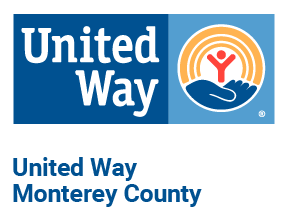
If you’ve hit a pandemic wall sometime over the last year, you’re not the only one.
The loneliness, social isolation, work burnout and economic anxiety caused by the pandemic has taken a mental health toll on all of us – especially women and BIPOC (black, Indigenous and people of color) communities.
Even as we move into the next phase of the pandemic – amidst a better job market and increased access to vaccines – mental health challenges continue to skyrocket, giving way to what mental health professionals are calling the “second pandemic.”
During Mental Health Awareness Month, it’s time we move from mental health awareness to action. That means taking action for ourselves, a loved one or advocating for systemic changes to ensure mental health treatment and support is accessible to all.
By dialing 211, anyone can speak with a trained community resource specialist to learn about the mental health and other human service resources available in their community. At last count, 211 was helping 275,000 people who were seeking help related to suicide or emotional distress each year, and connecting more than 800,000 people with mental health resources.
211 is a vital mental health resource but it is woefully underfunded. During the COVID-19 pandemic, local 211s are experiencing a 200-400% increase in call volume. To meet the growing demand for mental health services, we must increase investments in 211 so that more people can get the help they need.
Fortunately, Senator Bob Casey (D-PA) and Senator Jerry Moran (R-KS) have teamed up to introduce the HELP Act, legislation that provides federal funding for 211 and the national suicide prevention line to scale up the response to the mental health crisis in the country. By diverting non-emergency, non-fire and non-criminal calls from 911 to 211 and suicide prevention systems, we can connect more people in communities with the homelessness, human services and mental health resources they need while reducing the call and response burden on local and state law enforcement agencies.
Kevin Ressler, President and CEO of United Way of Lancaster County, leads 211 in his community. "This bill maximizes 211 nationwide to put the community in a position of success, he said. “The community is not a bi-partisan problem. The community is the bi-partisan solution." 911 refers to three agencies in our community, Ressler added. “Our 211 refers to 600 and that’s just Lancaster County, we cover 6 other counties as well. We need the entire community to solve these issues."
We need your voice as a mental health champion. Join us in calling on Congress to pass the HELP Act. Send a tweet to your representative asking them to support this important legislation today!
Now, more than ever, it is crucial that we take a comprehensive, community-based approach to address the range of mental health challenges impacting Americans.
